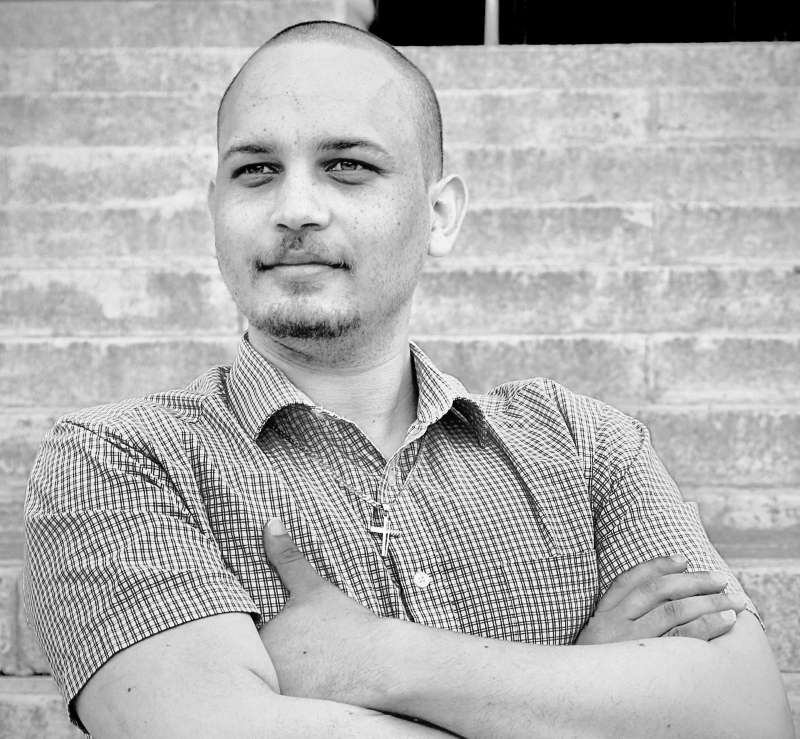Construction Project Management Sustainability Competencies
Navigating Carbon Tax and Green Retrofitting Barriers from Corporations
DOI:
https://doi.org/10.31224/3563Keywords:
Carbon Footprint Analysis, Carbon tax, Circular economy in construction, Cognitive Competency Theory (CCT), Competency-Based Management, Construction project management, Energy efficiency measures, Energy Policy, Environmental impact assessment (EIA), Green building standards, Green retrofitting, Lifecycle assessment (LCA), Project management, Renewable energy integration, Resource conservation, Social Cognitive Theory, Sustainable development, Sustainable Materials Management, Sustainable urban planning, Waste Reduction StrategiesAbstract
Introduced in 2019, South Africa's carbon tax imposes escalating financial penalties on companies exceeding emissions limits, reaching up to six billion rand annually. This study examines the perceived competencies of Construction Project Managers (CPMs) in green retrofitting against standards set by the Council for the Built Environment (CBE) and the South African Council for the Project and Construction Management Professions (SACPCMP) and develops Cognitive Competency Theory (CCT), testing its tenets in reality. The research employs qualitative methods, interviewing thirteen experienced CPMs in green refurbishment. Findings reveal that CPMs are pivotal in balancing carbon tax demands and advancing sustainable development. However, they often lack a full understanding of their role in environmental protection and compliance with carbon tax regulations. The study concludes that while CPMs are essential in navigating the complexities of green retrofitting, there is a need for future research to explore the evolving role of CPMs in relation to regulatory pressures and industry standards. The Centre for the Built Environment emphasises that CPMs must possess competencies across various stages of project development, but sustainability competencies are not yet standardised in the industry.
Downloads
Downloads
Posted
Versions
- 2024-05-22 (2)
- 2024-02-22 (1)
License
Copyright (c) 2024 Malcolm Weaich, Pride Ndlovu, Prisca Simbanegavi, Faranani Gethe, David Root

This work is licensed under a Creative Commons Attribution-ShareAlike 4.0 International License.









